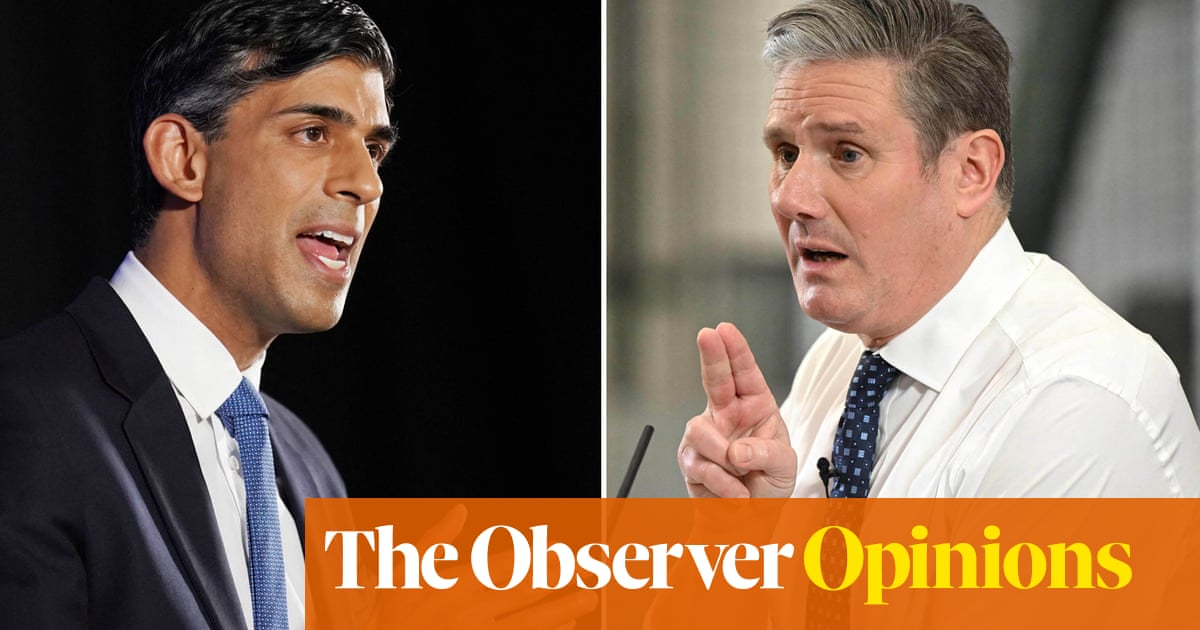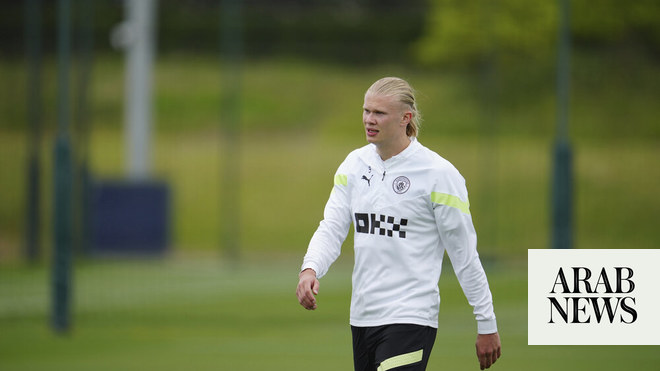
elcome to the battle of the billionaires. On the pitch the Champions League final between Chelsea and Manchester City in Porto on Saturday will be the biggest match of most of the players’ careers. On the touchline it is also the culmination of a 13-year struggle between two of the world’s richest people – and their wallets – for world football supremacy.
Roman Abramovich, the Russian oligarch who bought Chelsea in 2003, and Sheikh Mansour bin Zayed al-Nahyan, a member of the Abu Dhabi royal family who purchased Manchester City in 2008, have collectively spent more than £3.7bn on buying players since they bought the clubs.
The investment has paid off in terms of trophies, but has also, many argue, stripped the beautiful game of its democracy, leaving clubs without billionaire backers struggling to compete.
Since Mansour’s takeover, City have won 13 league titles or cups, compared with nine in the previous 128 years since the club was formed in 1880 as a form of social work by Anna Connell, the vicar’s daughter at St Mark’s church. Chelsea have hauled in 16 major trophies since Abramovich took over at Stamford Bridge nearly two decades ago, compared with 10 before.
While the coronavirus pandemic has plunged many smaller clubs into financial crisis, with playing to empty stadiums slashing gate receipts to zero, Chelsea spent a club record £89m (including add-ons) signing attacking midfielder Kai Havertz from Bayer Leverkusen. He was Chelsea’s sixth major signing in the transfer window, taking their spending to around £230m. In total, Chelsea have spent about £2bn on players since Abramovich took over.
Sheikh Mansour has not been afraid to splash the cash either. City set a then-Premier League transfer fee record of £32.5m signing Robinho from Real Madrid on 1 September 2008 – the last day of that year’s transfer window and the day Mansour officially took control of the club. Since then City have spent a further £1.7bn on players.
The club’s latest financial accounts reveal that while most clubs cut back players’ salaries in the 2019-20 season, City’s wage bill increased 11% to £351m – a Premier League record (and £90m more than Chelsea’s players bill).
The staggering outlay looks set to continue as the club is reportedly prepared to spend £100m on Aston Villa’s Jack Grealish – which would set a new transfer fee record.
Both of the billionaires signed their clubs up to the European Super League, the now-collapsed plan to unite the continent’s richest clubs in a new even more money-spinning league last month. But they were also the first two clubs to pull out following opposition from fans, the prime minister and Prince William.
Manchester City, who were crowned Premier League champions in 2011-12, 2013-14, 2017-18, 2018-19 and 2020-21, have yet to win the Champions League. Chelsea were Champions League winners in 2012 (beating Bayern Munich 4–3 on penalties), and won the Premier League in 2004-5, 2005-6, 2009-10, 2014-15 and 2016-17.
It’s harder to compare the clubs’ owners in the league table of wealth. The Bloomberg billionaire index places Abramovich, who made most of his money selling a majority stake in Russian oil company Sibneft to state-owned gas group Gazprom, as the 102nd-richest person on the planet with an estimated £13.3bn.
Mansour’s wealth is trickier to quantify as it is shared with other members of Abu Dhabi’s ruling family and state-backed companies, but his fortune has been put at between £13bn and £17bn. As well as serving as Abu Dhabi’s deputy prime minister, Mansour is also chief executive of emirate’s $243bn sovereign wealth fund, and sits on the boards of the Abu Dhabi National Oil Company, the Emirates Nuclear Energy Corporation, Abu Dhabi Commercial Bank and Emirates Global Aluminium.
Aside from football, both men have spent a lot of money on luxury cars and houses as well as, of course, superyachts. Abramovich owned the world’s largest superyacht, measured at 162.5 metres when it was delivered in 2009 at a cost of about £350m. Called Eclipse, it boasts 24 guest cabins, two helicopter pads, two swimming pools and a missile defence system.
It has since been eclipsed by the 180-metre Azzam ordered by Mansour’s family at a rumoured cost of £400m in 2013. Azzam took 1.5 million working hours to build and its teak decks are big enough to cover half a football pitch.
As well as spending on players, both Abramovich and Mansour have spent many millions on training grounds, youth team development, managers and executives.
Soon after Abramovich took over at Chelsea, the club spent £20m on a new training ground in Cobham, Surrey. It has 30 pitches, three with undersoil heating and six that meet Premier League game standards, as well as a rehabilitation centre. Players had previously trained at outdated facilities near Heathrow Airport owned by Imperial College London. Then-manager José Mourinho said the Cobham facilities were a “significant step forward” in the charge to the top.
Mansour’s footballing ambitions do not begin and end with Manchester City. His City Football Group (CFG) has since bought New York City FC in the MLS and Melbourne City FC of Australia’s A-League. CFG also owns stakes in Japan’s Yokohama F Marinos, Uruguay’s Montevideo City Torque, Spain’s Girona, China’s Sichuan Jiuniu, Mumbai City in India, Lommel SK in Belgium and France’s Espérance Sportive Troyes Aube Champagne (ESTAC).
The owner’s largesse even extends to helping cover the costs for fans flying out to watch the match at Porto’s Estádio do Dragão (Dragon Stadium) on Saturday. Mansour said on 18 May he would foot the bill for most of the 6,000 fans travelling out for the match. “Cognisant of how the pandemic has affected all Manchester City supporters and has created an increase in travel costs, Sheikh Mansour has sought to remove the most significant financial barrier to fans attending the final,” the club said.
Following pressure on Twitter for Abramovich to match City’s generosity, Chelsea announced a day later it would also step in to offer “subsidised travel arrangements”.












